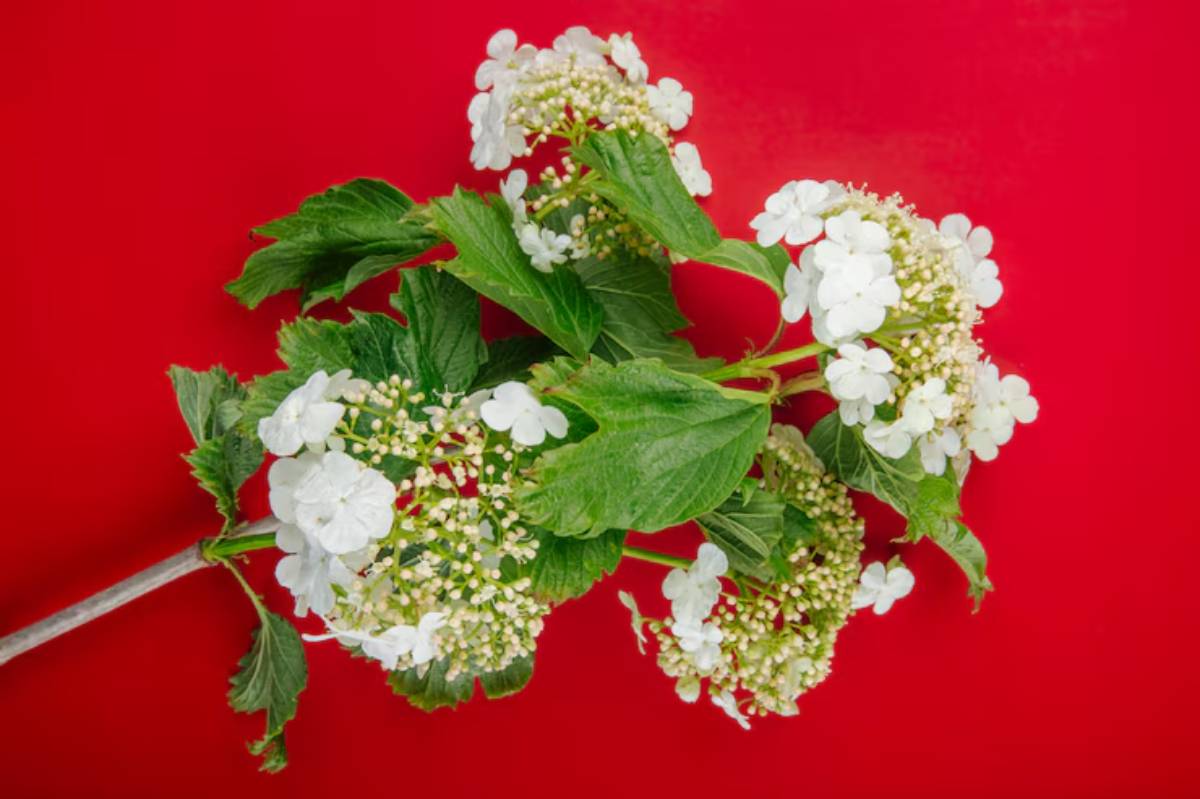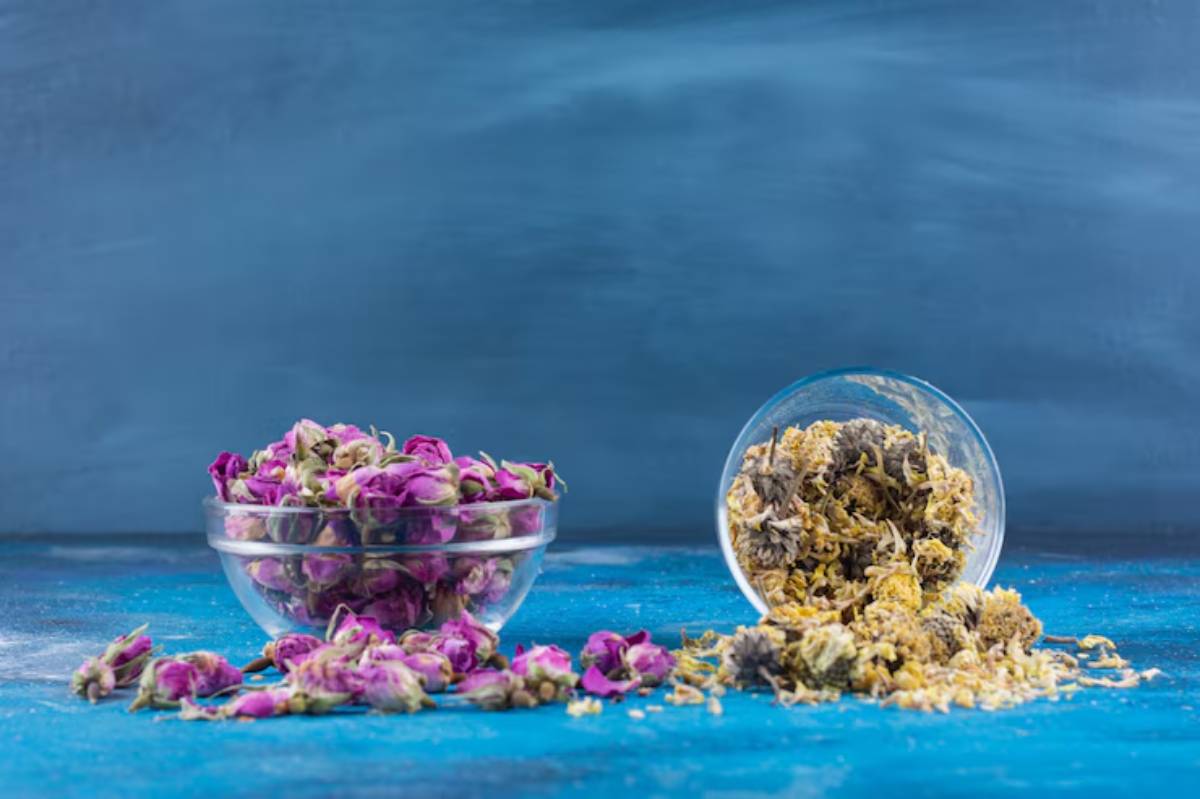The Health Blog

Chamomile vs. Valerian: Which is Better for Sleep?
Ah, sleep. That elusive, sometimes fickle friend. We all know the feeling: staring at the ceiling at 3 a.m., listening to the hum of the fridge, replaying awkward conversations from ten years ago. If you’ve ever turned to natural remedies, chances are two names keep popping up—chamomile and valerian root.
But which one truly reigns supreme in the realm of restful nights? Let’s dive into this herbal sleep comparison, shall we?
Chamomile: The Gentle Soother

Imagine a warm, comforting hug in a teacup. That’s chamomile for you. With its delicate floral taste and golden hue, it’s the bedtime beverage of choice for many.
Chamomile Sleep Benefits
Chamomile is celebrated for its calming properties. It contains apigenin, an antioxidant that binds to certain receptors in your brain. In simple terms? It tells your mind, “Hey, it’s safe to relax now.”
What makes chamomile so special?
- Mild and gentle: Perfect for those who want a soft nudge into dreamland rather than a knockout punch.
- Versatile: Available as tea, capsules, extracts, or even pillow sprays.
- Additional perks: It may help soothe digestion, reduce anxiety, and calm skin irritations.
Drinking a cup of chamomile tea has become something of a pre-sleep ritual for many. There’s something so soothing about the process—boiling water, steeping the bag, taking that first fragrant sip. Honestly, even the anticipation helps me wind down.
When Chamomile Shines
If you’re someone who’s more of a light sleeper or dealing with occasional sleeplessness, chamomile might just be your herbal hero. It’s not overpowering. Think of it as the friend who gently encourages you to leave the party and go home to bed.
Valerian Root: The Deep Relaxer

Now, valerian root is a different character altogether. Think of valerian as the no-nonsense friend who grabs your keys and says, “You’re done. Go to bed.”
Valerian Root Sleep Power
Valerian root sleep benefits are a little stronger and a bit more direct. It works by increasing levels of gamma-aminobutyric acid (GABA) in the brain. Without getting too sciency, GABA calms nervous activity, making it easier for you to drift off.
Why do people swear by valerian?
- Stronger sedative effects: For those nights when your mind simply refuses to switch off.
- Comes in many forms: Capsules, tablets, teas, and tinctures.
- Non-habit forming: Though it’s powerful, it’s not addictive when used responsibly.
The smell, however? Oh boy. Let’s just say valerian root has an… earthy aroma that takes some getting used to. I still remember the first time I tried valerian tea. I sniffed it, hesitated, and thought, “This smells like gym socks.” But it worked. I slept like a rock.
When Valerian Steals the Show
If you struggle with more persistent insomnia or high anxiety before bed, valerian might be your go-to. It’s a bit like calling in the heavy artillery when chamomile just isn’t cutting it.
Pro tip: Combine valerian with hops or lemon balm for enhanced results. Read more on The Science Behind Lemon Balm for Restful Nights.
Side Effects: The Real Talk
You didn’t think we’d skip this part, did you?
Chamomile:
- Generally very safe.
- Can cause allergic reactions, especially if you’re allergic to ragweed.
- May interact mildly with blood thinners.
Valerian root:
- Can cause dizziness, headaches, or digestive discomfort.
- Some report grogginess if taken too late.
- Shouldn’t be combined with alcohol or certain medications.
My two cents? Always start with a small dose. Better safe than sorry.
Chamomile vs. Valerian: The Verdict

So, after this herbal sleep comparison, which one should you choose?
- Go for chamomile if you want something mild, soothing, and gentle enough for daily use.
- Opt for valerian root if you’re wrestling with deeper sleep issues or want something more potent to calm a racing mind.
In fact, some people (yours truly included) like to combine the two. A little chamomile to set the mood and a dash of valerian to seal the deal. It’s like having the best of both worlds.
A Few Extra Tips for Sleep Success
Let’s be real: no herb will work miracles if you’re doom-scrolling under bright blue light at midnight.
Here’s what has worked wonders for me:
- Stick to a routine. Go to bed and wake up at the same time every day.
- Wind down properly. Read a book, take a warm bath, or listen to calming music.
- Cut the caffeine. Even that innocent afternoon coffee can wreak havoc on your sleep.
- Make your bedroom a sleep sanctuary. Soft sheets, dark curtains, cool temperature… treat yourself.
Chamomile and Valerian Together?
Curious about blending these two herbal sleep titans? You’re not alone. Many herbalists and sleep enthusiasts swear by combining chamomile and valerian. The gentle, floral relaxation of chamomile mixed with the deep, grounding calm of valerian can create a beautifully balanced bedtime brew.
I’ve personally tried this combo on particularly stressful nights. Picture this: soft music playing, the glow of a candle, the delicate aroma of chamomile mingling with the earthy undertone of valerian. Bliss.
Wrapping It All Up
Chamomile and valerian root both offer unique paths to a peaceful night. The choice, as always, depends on you. Think of chamomile as a soft lullaby and valerian as the gentle yet firm hand guiding you to bed.
Whichever you pick, remember: sleep isn’t a luxury; it’s a necessity. Treat it with the care and respect it deserves.
And hey, if you’re still unsure? Try them both and let your body decide. After all, the best sleep remedy is the one that works for you.
Here’s to sweet dreams and waking up refreshed. Now go put the kettle on and reclaim your night!
Related Read: Explore our full list of Top 10 Herbal Remedies for Better Sleep for more combinations.









